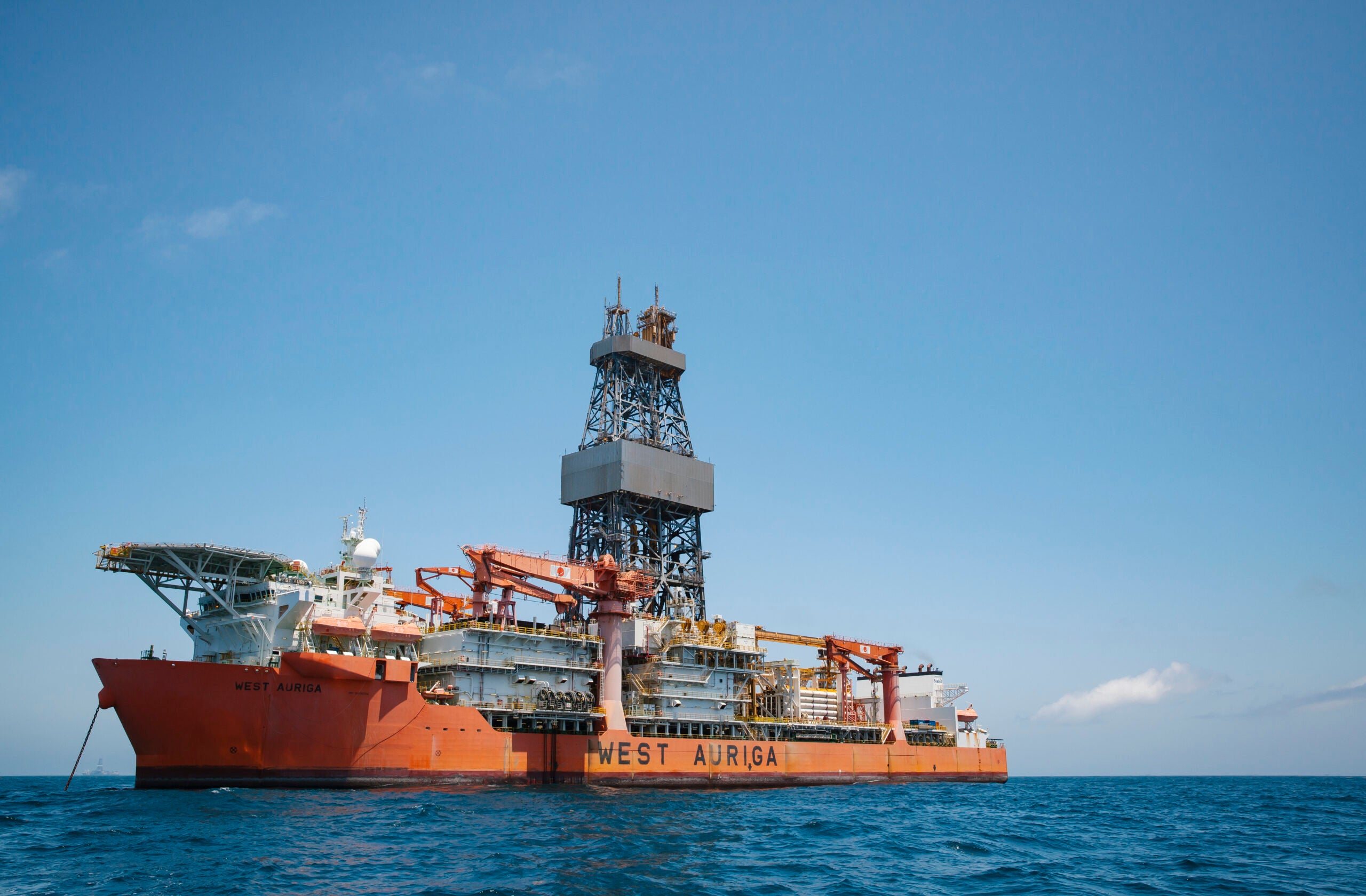Earthjustice goes to court for our planet.
We’re here because the earth needs a good lawyer.
Court Win Protects Whales, Sea Turtles, and 73 Million Acres of Ocean
What happened: A federal court ruled that the government broke the law two years ago when it irresponsibly put 73 million acres of the Gulf of Mexico up for auction to oil and gas companies. Earthjustice represented Gulf-based and environmental groups in the case. We sued the government for failing to adequately consider the lease sale’s adverse impacts on the critically endangered Gulf of Mexico Rice’s whale and climate change.
Why it matters: Holding this lease sale was a colossal mistake. Oil and gas drilling in the Gulf spikes climate emissions and threatens already-overburdened communities living near oil refineries and other polluting infrastructure. It also imperils many kinds of marine life.
We are continuing to fight the government’s attempts to sell our oceans to the oil and gas industry. This February, we filed the first major environmental lawsuit against the second Trump administration, challenging President Trump’s executive order to revoke protections from millions of acres of undeveloped public waters, including in the Gulf of Mexico.
Why we went to court
- Violating NEPA: The court found that the Department of Interior violated the National Environmental Policy Act (NEPA) because it did not consider the health threats to Gulf Coast communities living near oil refineries and other polluting drilling infrastructure. The department also failed to adequately consider the climate impacts from this massive new source of fossil fuel development.
- Mandated by the IRA: Lease Sale 259 was the final of three offshore oil and gas lease sales mandated under the Inflation Reduction Act (IRA), the 2022 landmark climate legislation. But the IRA did not exempt the sale from existing laws, like NEPA.
- Promises kept: We supported the transformative climate spending in the IRA — and we promised to fight the law’s harmful compromises to the oil and gas industry, including these three lease sales.
Who bears the brunt of offshore drilling
- Communities living near the Gulf of Mexico are already on the frontlines of some of the worst health, economic, and climate impacts of continued extraction and consumption of fossil fuels.
- Offshore drilling has onshore impacts: Offshore platforms bring the construction of more pipelines, more refineries, and more petrochemical facilities, dumping even more pollution on these same communities and exacerbating health problems like cancer and asthma.
A vulnerable ecosystem to defend
- Protecting an endangered whale: Discovered in 2021, the Gulf of Mexico whale is the only whale species that lives solely in America’s waters. Scientists estimate there may be only 51 Gulf of Mexico whales left on Earth, and have warned that oil-and-gas activity in the Gulf represents a “clear, existential threat to the whale’s survival.”
- Many other marine species at risk: The oil spills that can result from offshore drilling jeopardize the entire web of life in the Gulf ecosystem, which is home to five of the world’s seven species of sea turtles.
- Oil spill hazard: Deepwater drilling, the most common kind of oil drilling in the Gulf of Mexico, is particularly vulnerable to hurricanes and the catastrophic oil spills they can cause. The BP Deepwater Horizon spill of 2010 wiped out one-fifth of the Gulf of Mexico whale’s population; it also killed untold millions of marine wildlife and sickened thousands of people, decimating the Gulf coast’s fishing industry.

Originally published on August 23, 2023. Updated to reflect the outcome of Earthjustice's lawsuit.